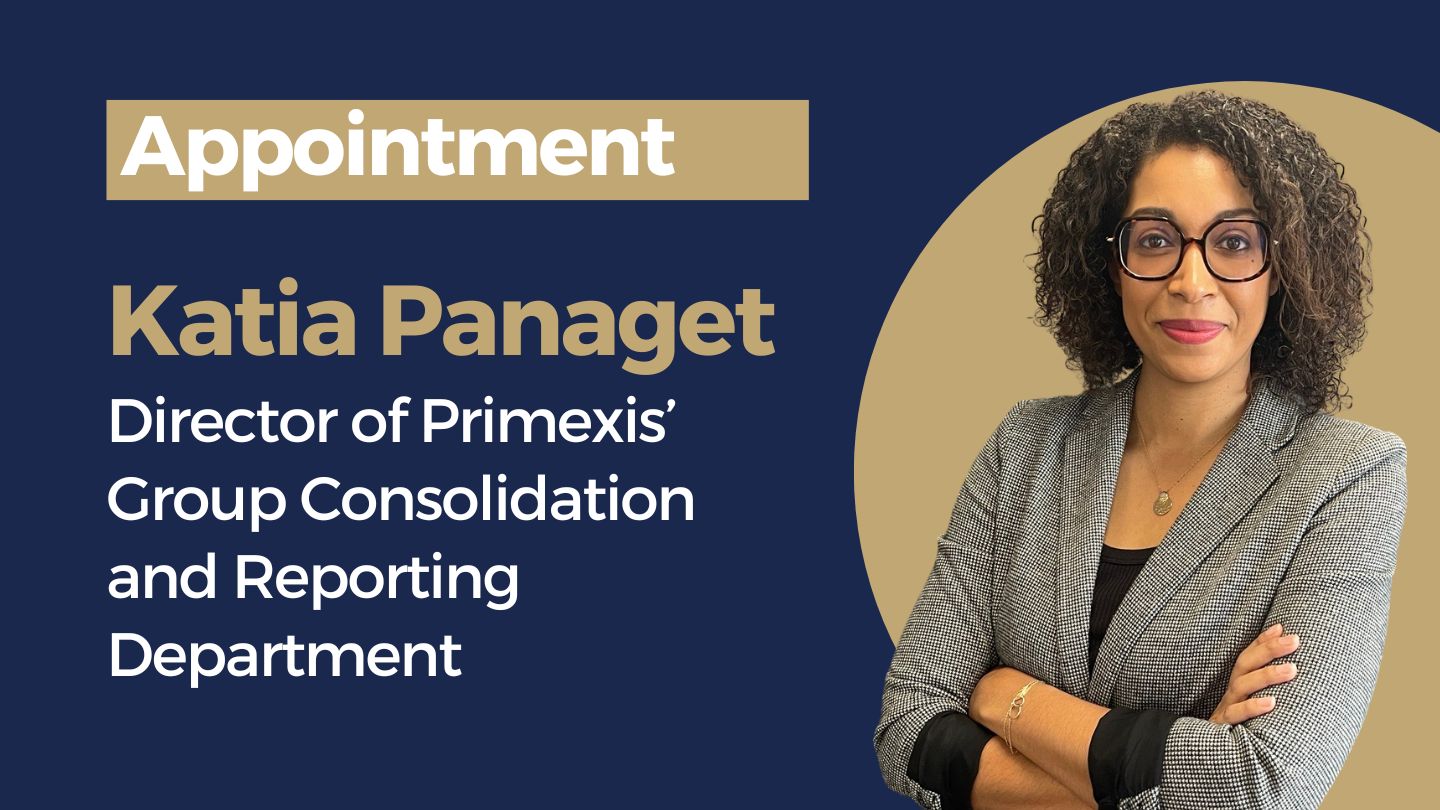EU’s Digital Single Market: A Vital Economic Space in Progress

Since May 2015, the European Commission (EC) has initiated a strategy to build the Digital Single Market within the European Union (EU) for both its businesses and consumers. This strategy was propelled by 35 legislative proposals and policy initiatives.
The construction of this Digital Single Market (DSM) will put an end to the geographical barriers, which have long been considered discriminatory. In a virtual world, by its very definition a world without limits, justifying these virtual “borders” within the EU contradicted the principle of free movement.
European and French companies cannot easily create, develop, and sell online in the European market theirs services and goods. Thus, buyers, companies, and consumers, do not benefit from the best quality/price ratios. Companies not able to develop and reach an optimal size within the EU, which is a prerequisite to entering in the world market, are obliged to review their ambitious!
E-commerce in the EU (1) in 2016, was estimated at 530.58 billion euros in consumer sales. The Western European market is the largest, and is dominated by the United Kingdom (197 billion€), Germany (86 billion€) and France (82 billion€). E-commerce sales in France represent 3.23% of its total GDP. Among Europeans consumers, it is students and graduate degree holders who are most likely buy online, with clothing and travel topping their purchases.
The European Commission’s strategy for opening up the European Digital Single Market has been led by the end of telephone roaming charges throughout the EU and proposing new tax rules on e-commerce VAT and new portability solutions for online content and services.
In France: The “Single European Market” plan has resulted in the implementation of various initiatives for digitalization: New Industrial France (“Nouvelle France Industrielle”), The Industry of the Future (“l’Industrie du Futur”), Digital Transition (“la Transition Numérique”), and Program for Investing in the Future (“Programme des Investissements d’Avenir”).
The main benefits provided by this digital single market (EC source) are:
Better access to:
- Online business ;
- Product delivery ;
- Avoiding national barriers online ;
- Simplify VAT regime.
Creation of best possible environment for business::
- Telecommunications and media;
- Online platforms ;
- Security of personal data.
Job and economy growth:
- A data based economy ;
- Standardization ;
- Skills and e-Government.
The digital single market in the EU in 2016, in figures (2) :
- 69% of businesses connect to the Internet via their mobile phone;
- 80% of businesses, with internet access, have their own website (71% in 2010);
- 20% of companies employ an IT specialist;
- Among Internet users, 66% are online buyers (50% in 2007);
- 17% of total French sales come from online sales (16% on average in the EU).

Stefan Petrovski
Supervisor,
qualified Chartered Accountant
International Business Services
(1) 2017 Report, European E-commerce, Ecommerce Europe. More here
(2) Source: Digital economy & society in the EU, Eurostat, 2017.


